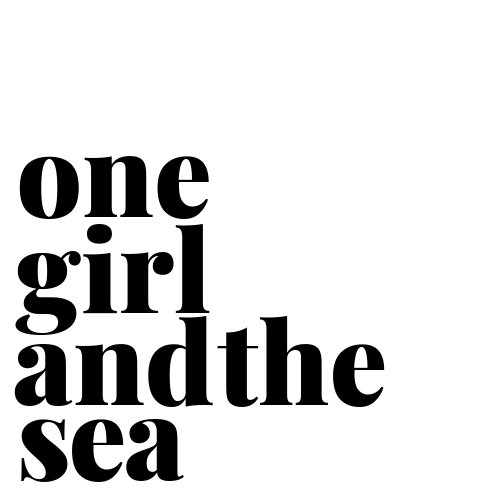Love thy neighbour the saying goes...especially in an apartment setting where you're renting, new to the building and stowing away a cat that the real estate don't know about. So, I'm a lil' parnoid about someone...letting the cat out of the bag.
On this note, I've tried to be lovely to whoever I encounter on my way in or out of the building. A nod and a smile or a polite "hello" will usually suffice when walking past someone in the hallway or in the garden. However, with one neighbour, an actual obligatory conversation is needed. It's a man in his mid-60s who rides a bicycle and sometimes waters the lawn. If you've got an image of a sweet old man with white hair, too-big glasses and a warm smile - get that image out your of head immediately. We were 'warned' about him by the lady who lives next door to us when we first moved in...they had had a history of clashes about body corporate issues and people not parking in their allocated spots - as some crazy neighbours do. We were still to meet this 'despicable man', so we kind of took her warning with a grain of salt. When I met the man a few days later, I wanted to decide for myself. After a few minutes of small talk, our conversation went like this -
"Where are you from?" he asked.
"Brisbane"
"No, originally. Where you born in Australia?"
"Yeah."
"Oh, I though you might be Scandinavian?"
"People always say that to me, I guess because of the blonde hair.." I said with a smile.
"No, it sounds like English isn't your first language. You hesitate when you talk like you're not confident with English. You don't speak it very well." He stared at me waiting for some type of explanation.
"Wow. I guess I'll have to be aware of that from now on. Thanks." I said with sarcasm.
"Ahh, don't worry, it's not too bad."
He gave me a little wave, turned, and went on his way. Me - staring daggers into his decrepit, scaley old back. Asshole, it's actually called having Asphasia. People, like myself, who have suffered a brain injury or stroke sometimes incur damage to a region of the motor association cortex in the left frontal lobe of their brain, causing disruption to the ability to speak. It took me MONTHS to remember how to say "mum" and "me" - that was the extent of my vocabulary for the first half of 2004. Over time however, I obviously did regain my speech but it'll never be perfect. When I'm fatigued, stressed, angry or in front of a crowd - I can get 'lost for words'. I had to re-learn how to speak, spell, form sentences, write left-handed and how to correctly use grammar (i.e. don't judge my grammar too harshly on the website - thanks in advance). So when this old man, a stranger, rudely pointed out the shortcomings of my speech - the effort and hard work all those years ago felt like it had been for nothing. Meaning, the speech therapist should have taught me some quick-witted responses for situations like this - 'how to shut down an ignorant ass 101'.
I've come across this ignorance many times before, but only a couple of times where the insult is in direct reference to my speech. The last time was at uni. I had just given an oral presentation on American politics to the class and the teacher, a creepy old man called Neil, grabbed my notes and then repeated the entire oral with "ummms" and "ahhhs" and pauses etc, then said "that's an example of how NOT to give a speech" with a nod in my direction. I sat there shocked, mouth agape and stared (with the daggers) right to his face. After the class, I politely approached him, explained Asphasia and why there might've been something slightly unusual about the delivery of my perfectly written speech. His reaction? "Well, I've got diabetes - we all have something to deal with."
I pity these old men whose parents obviously didn't teach them any manners. I can be disgusted, laugh it off and be a little a bit angry for a time, but, for others with speech difficulties - it's not so easy. Their confidence is shaken at the slightest public humiliation (like I faced) and they don't recover. Unfortunately, we've only got control over our own behaviour and they way we respond to others. Their shameful behaviour, you cannot control.
A timely reminder of why I started this blog in the first place - to educate others on the shitty side-effects of having a brain injury. Now that you know many people walk around with Asphasia everyday, sometimes struggle to talk or get the words out right - the lesson is, don't be an unnecessary asshole.
Most importantly, I can confidently order a cocktail - not matter how noisy the bar is.







